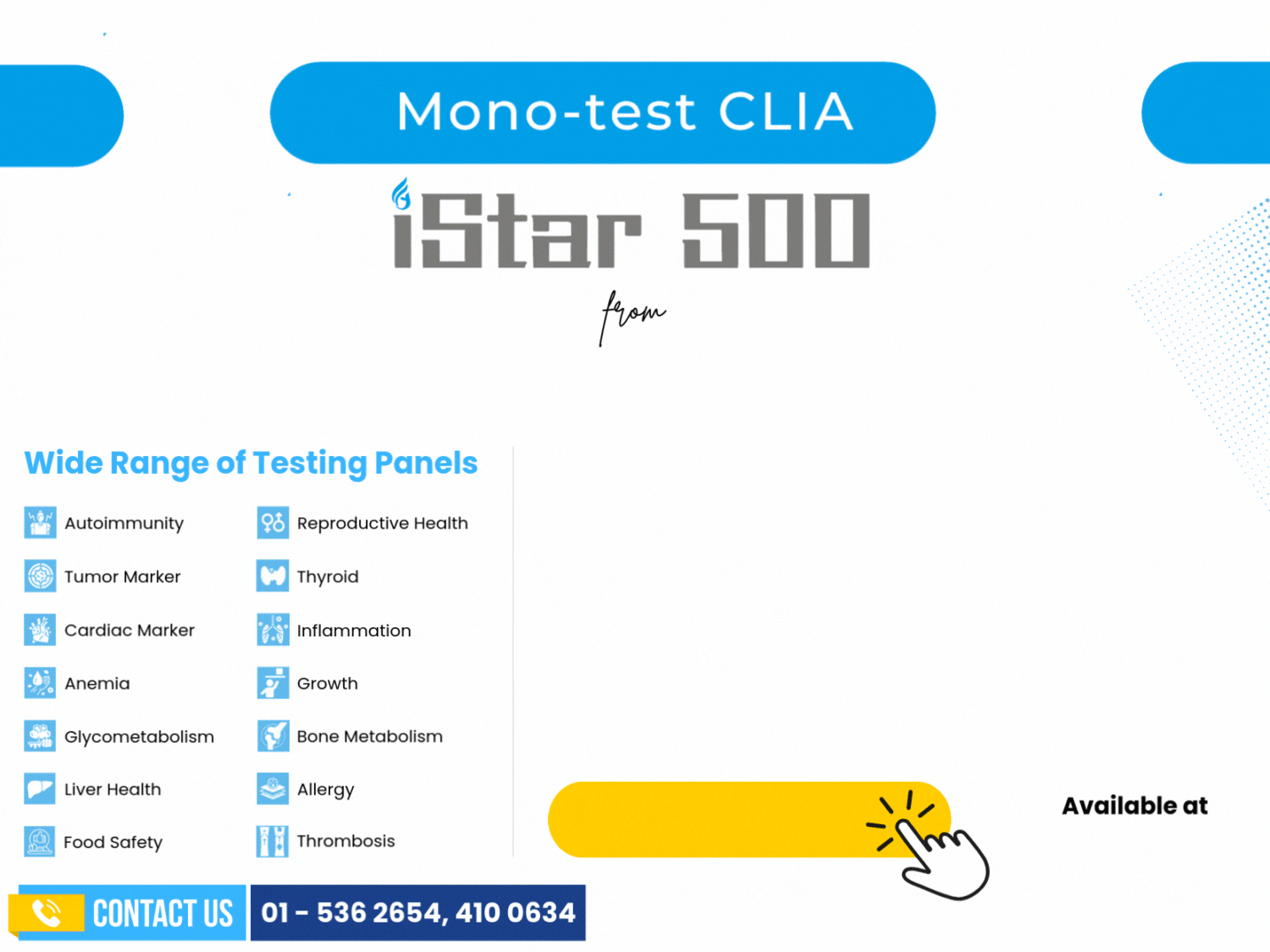
Being a surgeon is a challenging yet highly rewarding profession, and some of its rewards can make a powerful impact. The challenges and the honor one could receive being a surgeon are unique to the surgical field. As surgeons, we can see very rapid and immensely satisfying outcomes from the work we perform. But how can one become the best surgeon or an ideal surgeon who could be a patient’s first priority and a role model in society? Defining an ideal surgeon or a great surgeon would be a very difficult task. The idea of what constitutes an ideal surgeon can vary greatly between individuals, depending on their perception and understanding. Medical and non-medical professionals may hold completely different views. Likewise, patients who have been treated and operated might have a completely different understanding of an ideal surgeon. Even within the medical field, the definition may differ between surgeons and non-surgical professionals.
A common understanding of being an ideal surgeon is having the best and highest level of skills to perform a specific procedure. Well, this could be one of the important features of being an ideal surgeon, but it is not limited to this component. A competent surgeon is not necessarily an excellent surgeon. Besides this, another common belief of what makes an ideal surgeon is that they have received the highest level of surgical training and received certification, possibly from well-known institutes around the world, as well as having a background of a very focused clinical practice and having gained huge experience by dedicating themselves to the same specialty for extensive years of both surgical and professional life. Similarly, the best surgeons never stop learning. They always strive to continue learning, getting trained, and staying updated with new developments in their respective fields, believing that learning never ends. A doctor who has confidence in themself and their work can build strong connections with patients and has the potential to become a great surgeon in the future. As has been said, there is a wide spectrum of qualities and characteristics to be present in a surgeon that would label them as an ideal surgeon in a society. One of the simplest ways to define a great or ideal surgeon, often referred to as the golden rule, is someone who treats others exactly as they would treat themselves. This essential quality is naturally present in some of the finest surgeons in our society.
In June 2023, one interesting study was published in the Journal of Frontiers in Medicine by Roman Luscan et al. The study wanted to explore the characteristics that would define a great surgeon. It was a prospective online survey with the use of an open-ended questionnaire. The questionnaire was created to identify three important qualities and the three shortcomings that would define a great surgeon. Accordingly, various important demographic factors like age, gender, and profession of all the respondents were collected. Overall responses were then categorized into four major themes: human qualities, technical surgical skills (TSS), non-technical skills (NTS), and knowledge. There were a total of 1,620 participants. This included 385 surgeons, 291 patients, 565 operating theater health professionals, and 379 non-operating theater health professionals. Interestingly, a total of 4,760 different qualities and 4,374 shortcomings were obtained from these responders. After detailed analysis, overall, the three main qualities reported included dexterity (the ability to perform difficult actions quickly and skillfully with hands), meticulousness (the quality of being extremely careful or precise), and empathy (the ability to understand what other people feel). All groups of professionals shared similar opinions in terms of the importance of technical surgical skills. However, compared with surgeons, the non-operating theatre health-related professionals and patients gave more priority to human qualities (29% vs. 39% and 42%, respectively). Operating theatre health professionals gave more significance to non-technical skills than surgeons (35% vs. 22%). For surgeons, detailed surgical knowledge was more important than other qualities. So, this very interesting study concluded that the definition of being a great surgeon is multifaceted. Dexterity was found to be one of the most important qualities to define a great surgeon, but human qualities are equally important. Detailed knowledge about the subject obviously would be an important factor for becoming a great surgeon; unfortunately, knowledge was underestimated by non-surgeons.
One of the most effective ways to define a great or ideal surgeon is someone who embraces or possesses a combination of traits, including exceptional technical skills, a deep understanding of anatomy, physiology, and surgical techniques, as well as strong interpersonal abilities such as effective communication. Our patients, our colleagues, and people who work with us all deserve respect and compassion from us. Thus, beyond technical proficiency, another great quality that is always overlooked is the ability to demonstrate empathy and compassion. Moreover, one should be able to make sound clinical judgments. Another very famous saying that describes a surgeon is “A good surgeon knows when to operate, a better surgeon also knows how to operate, and the best surgeon, besides knowing when and how to operate, also has a clear understanding of when not to operate. While we talk about these various skills and qualities defining a great surgeon or an ideal surgeon, one of the least highlighted traits or qualities, but believed to be a strong component of the ideal surgeon, is having ‘common sense’ in addition to strong theoretical knowledge and practical skills. So, what defines common sense in a surgeon? It is practical knowledge and decision-making skills that have been acquired from years of experience and understanding and not merely taught from textbooks and learning references. This important quality in a surgeon is invaluable for knowing when to operate, how to operate, and when not to operate.
When we talk about technical qualities defining the ideal surgeon, starting from manual dexterity, it would also include in-depth subject knowledge, years of rigorous surgical training and experience, and an interest and commitment to remain dedicated to staying updated with the latest techniques and advancements in the field of surgery. The interpersonal and clinical skills would include effective communication skills with patients and colleagues from other specialties and the ability to demonstrate empathy and compassion while providing care to the patient. Being able to work efficiently in a team and having strong clinical judgment, which helps in making quick and correct decisions with extreme calmness and composure, is another important interpersonal skill. Similarly, beyond these technical and interpersonal skills, creativity, intelligence, courage to handle challenging and demanding surgical situations, and full commitment to provide the best possible patient care are all vital.
In the past, surgeons have also been judged in terms of the speed with which one could perform the surgery—the faster you do it, the better surgeon you are—or even by the amount of wealth one has earned from the practice. Similarly, especially in the private sector, surgeons have also been judged based on the three As: availability, affability, and ability. But, in this 21st century of the modern era, the description of an ideal or best surgeon is vast and encompasses technical and non-technical qualities and includes empathy and compassion, among others. Bullying trainees and other colleagues are unacceptable behaviors no matter how knowledgeable and technically excellent a surgeon might be. Similarly, reaching top administrative positions like chief, chairman, or president doesn’t necessarily mean that one is an ideal or excellent surgeon. No matter how experienced and technically expert one is, asking for help for the benefit of the patient, having leadership qualities, having the ability to teach juniors and trainees without humiliating them, and maintaining high ethical standards are all special qualities of being the ideal surgeon.
Can anyone become a great surgeon? Well, it’s a fact that great or ideal surgeons are not born. Some may have inborn specific qualities and intelligence, which could help them in becoming the best or ideal surgeon. But becoming a great surgeon is an ongoing process. It’s very important and effective to reflect on the outcomes of one’s own decisions and those of others, too. This helps in building up a very important quality of a good surgeon: good surgical judgment. Time and again, we have come across some very good surgeons who did not have the best dexterity—a quality involving excellent hand movement and hand-eye coordination to perform skills fast and skillfully—during their training, but in the long run, they could outperform their colleagues who were considered better than themselves. This implies that anyone who has intelligence, creativity, and perseverance and demonstrates extreme professionalism and courage, is creative, and uses common sense based on their gained experience, can become a great surgeon, the best surgeon, or an ideal surgeon.
(Disclosure by author: The opinions expressed in this article are based on the author’s personal experience as well as the information gathered from freely available online resources.)
Professor Dr. Ramesh Singh Bhandari is a liver and gastrointestinal surgeon at Tribhuvan University Teaching Hospital.
Professor Dr. Ramesh Singh Bhandari
Published: April 23, 2025









